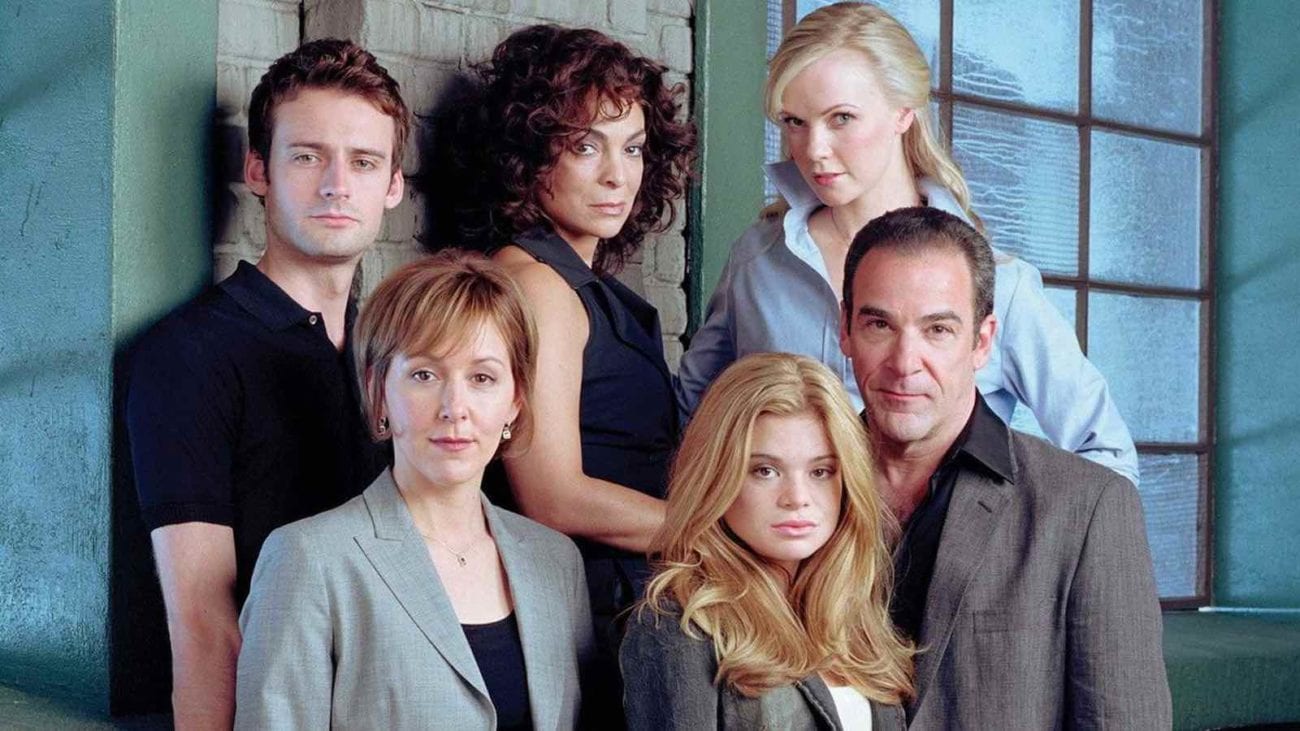


Pushing Daisies has a fun story and two engaging leads, but it’s the visuals that are the stars.

He’s believable as a sweet, silent type who just lets things happen, rolls with the punches, whether those be his sister seeming insanity or his ability to touch dead things back to life. The biggest carry-over from Wonderfalls to Pushing Daisies is Lee Pace, who does great work in both. And at least half of them have good taste in partners, though the rest make plenty of. Speaking of the strong female friendship, Fuller’s works are always open to strong (and rather sarcastic and sometimes aimless) women, which I appreciate. Tender, complex, sometimes ridiculous relationships are formed. Her brother Aaron’s PHd in comparative religions serves to highlight tension between faith and reason and absurdity. Jaye’s best friend is Mahandra, the general voice of reason. Elevator pitch: Jaye starts having conversations which lead her to question even more the meaning of life, destiny, and sanity – the latter mostly because the conversations are with things like keychains and pink lawn flamingoes. I know too few people who have seen this show. The special effects aren’t anything to write home about, but since the whole show is on the verge of the absurd – did we mention the talking animal statuettes and Jaye’s awesome trailer? – they work almost better than perfectly high-budget ones. Not everything is explicable there’s a general acknowledgement that we’re just muddling through what we don’t understand. Its fantastical premise is a little more raw than Pushing Daisies and more jarring than Dead Like Me, and they don’t explain up-front WHY the animal statuettes are talking, which is a plus. But the strong female characters, fantastical killing mechanisms, and acerbic wit would show strong in the next two shows Fuller did, the next of which was Wonderfalls. If it had more of Pushing Daisy‘s whimsy or Wonderfall‘s character development, or additional angles in many individual episodes which dragged their feet, perhaps. Some of this, though, lends itself to the fact I enjoyed it the first time, but wouldn’t rewatch it. Mason’s justifications for ripping off items of just-dead people makes such perfect sense, but, but. You are a bit queasy yet more understanding than you think you should be at Reggie’s methods of dealing with her loss. You’re uncomfortable when Joy and Clancy fight or use their surviving daughter Reggie as a weapon. I haven’t seen Hannibal yet, but that’s about to change, after I muse a little about why it just might work.įuller started with Dead Like Me, which is the least developed of his works I’m familiar with (all save Mockingbird Lane), but also hard to judge him by this show since he left early in the first season over ‘creative differences.’ The best thing about Dead Like Me is its insistence on giving all its characters difficult, dislikable, and sometimes truly awful aspects. The more I think about it, it’s a logical progression of his work, when it has to fit within the fairly narrow framework of network TV in the age of procedurals, ShowTime, and HBO. At first – getting a feel for the show via the promos, then seeing his name – it struck me as odd. Bryan Fuller has a new show, Hannibal, on NBC.


 0 kommentar(er)
0 kommentar(er)
